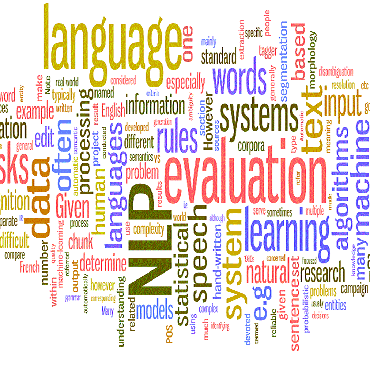In an effort to avoid reinforcing widespread hype about the capabilities of state-of-the-art language technology, researchers have developed practices in framing and citation that serve to deemphasize the field's successes. Though well-meaning, these practices often yield misleading or even false claims about the limits of our best technology. This is a problem, and it may be more serious than it looks: It limits our ability to mitigate short-term harms from NLP deployments and it limits our ability to prepare for the potentially enormous impacts of more distant future advances. This paper urges researchers to be careful about these claims and suggests some research directions and communication strategies that will make it easier to avoid or rebut them.
翻译:为了避免对最先进的语言技术的能力造成更大的影响,研究人员已经发展出一些设计与引用方法,这些方法有助于淡化该领域的成功。虽然用意良好,但这些做法往往会对我们最佳技术的局限性产生误导甚至虚假的主张。 这是一个问题,可能比看上去更为严重:这限制了我们减轻国家语言方案部署造成的短期伤害的能力,也限制了我们为更远的未来进步可能造成的巨大影响做好准备的能力。本文敦促研究人员谨慎对待这些主张,并提出一些研究方向和沟通战略,以便更容易避免或反驳这些主张。




